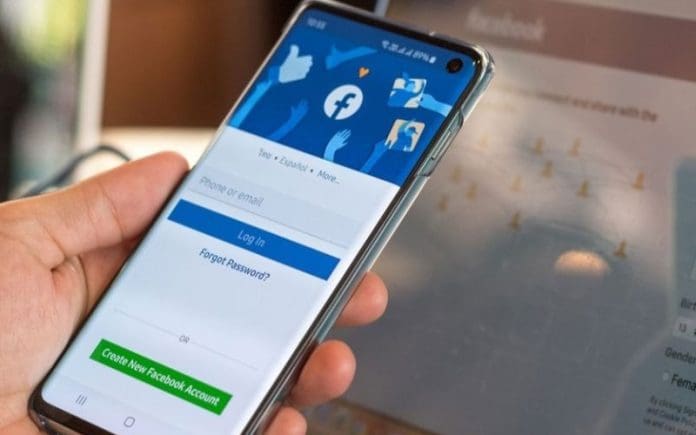In our interconnected world, social media platforms like Facebook have become an integral part of our lives. They serve as digital diaries, connecting us with friends and family, and providing a platform for sharing our experiences. However, with great connectivity comes great responsibility, especially when it comes to protecting our online presence. In this column, we’ll explore some essential tips to keep your Facebook profile secure and safeguarded from potential hacking attempts.
1. Create a Strong Password:
The first line of defense for your Facebook account is a robust password. Avoid using easily guessable information like your birthdate, name, or common words. Opt for a combination of uppercase and lowercase letters, numbers, and special characters. Regularly update your password and avoid using the same password across multiple accounts.
2. Enable Two-Factor Authentication (2FA):
Adding an extra layer of security to your Facebook account is crucial. Two-factor authentication requires you to enter a code sent to your mobile device in addition to your password. This makes it significantly harder for hackers to gain unauthorized access, even if they manage to obtain your password.
3. Regularly Update Your Password:
Make it a habit to change your password every few months. This helps reduce the risk of unauthorized access, especially if you’ve shared your password unintentionally or used it on multiple platforms.
4. Be Wary of Phishing Attempts:
Phishing is a common method hackers use to trick individuals into revealing sensitive information. Be cautious of unsolicited messages or emails claiming to be from Facebook. Verify the authenticity of such messages before clicking on any links or providing any personal information.
5. Check App Permissions:
Review the list of third-party apps and websites connected to your Facebook account. Remove any that you no longer use or trust. Some apps may request excessive permissions, granting them access to more information than necessary. Be selective about what you allow.
6. Regularly Review Account Activity:
Facebook provides tools to monitor your account activity. Regularly check the “Where You’re Logged In” section in the security settings to ensure that only authorized devices have access to your account. If you spot any suspicious activity, take immediate action.
7. Educate Yourself on Security Settings:
Familiarize yourself with Facebook’s privacy and security settings. Adjust them according to your comfort level. Customize who can see your posts, who can send you friend requests, and who can look you up using your email address or phone number.
8. Secure Your Email Account:
Your email account is often the gateway to your other online profiles. Ensure that your email account is well-protected with a strong password and 2FA. If a hacker gains access to your email, they can use it to reset passwords on other accounts, including Facebook.
9. Stay Informed About Security Features:
Keep yourself updated on the latest security features offered by Facebook. The platform regularly introduces new tools and options to enhance user security. Take advantage of these features to fortify your account against potential threats.
10. Logout from Public Computers:
If you’ve accessed your Facebook account from a public computer, always remember to log out. Failing to do so may expose your account to unauthorized access. Additionally, avoid saving passwords on shared or public devices.
By implementing these proactive measures, you can significantly reduce the risk of your Facebook profile getting hacked. Remember, a secure online presence is not just about protecting your personal information; it’s about preserving the digital narrative you’ve built over the years. Stay vigilant, stay informed, and keep your digital fortress intact.






